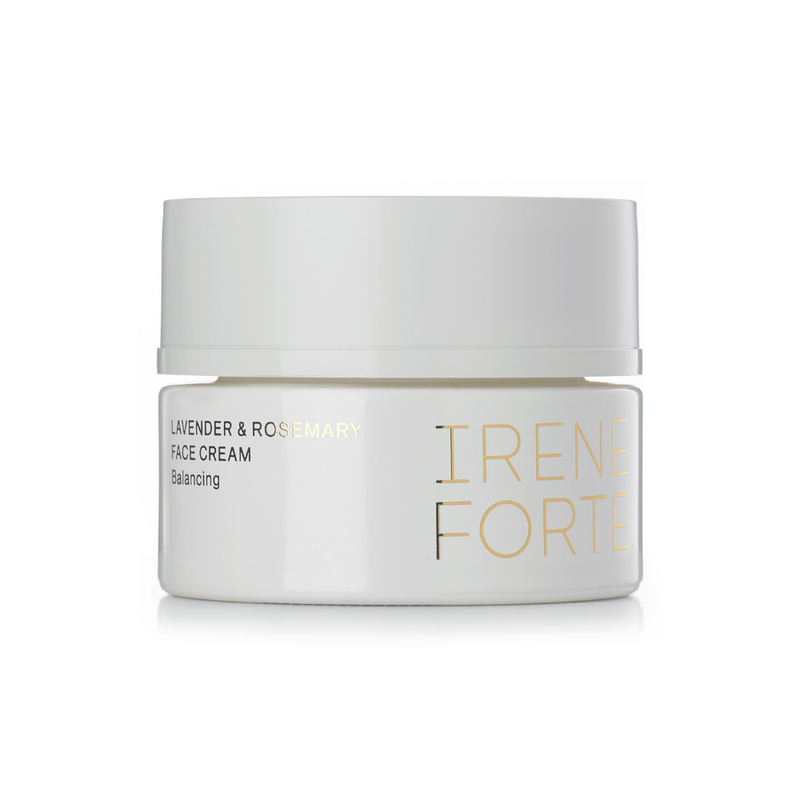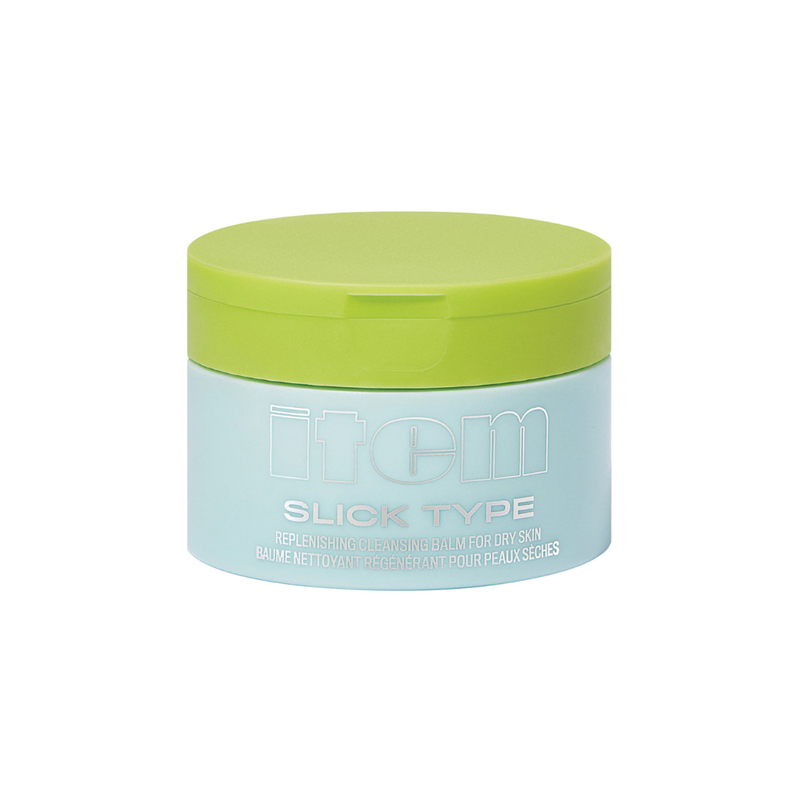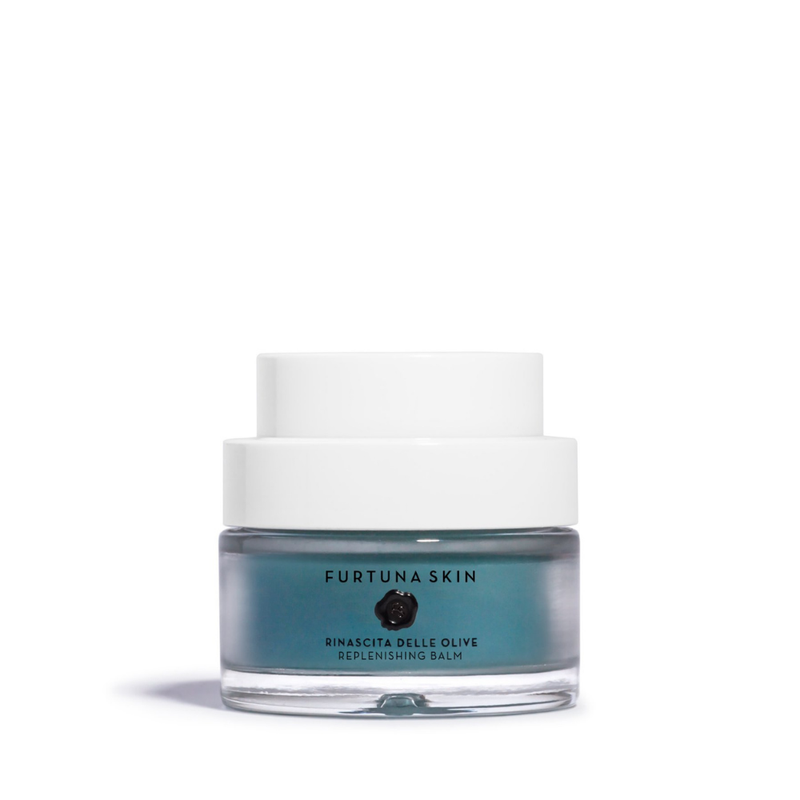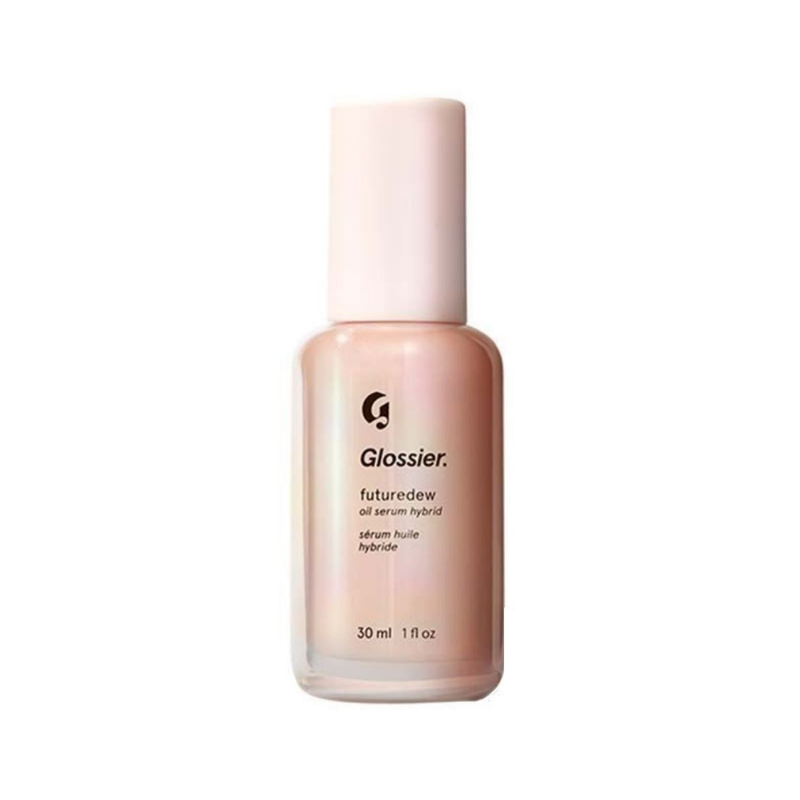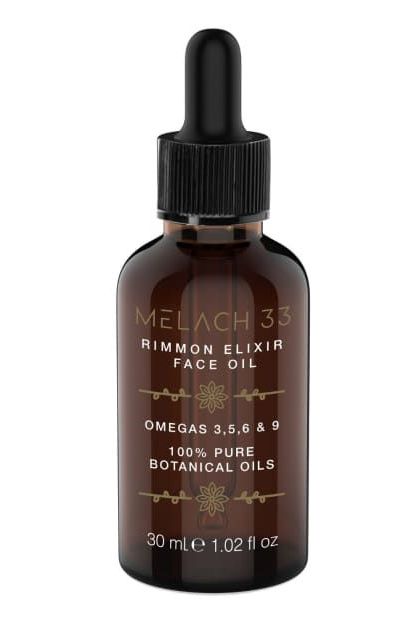Should You Put Olive Oil on Your Face: An Investigation
To be, or not to be, a walking salad? That is the question.
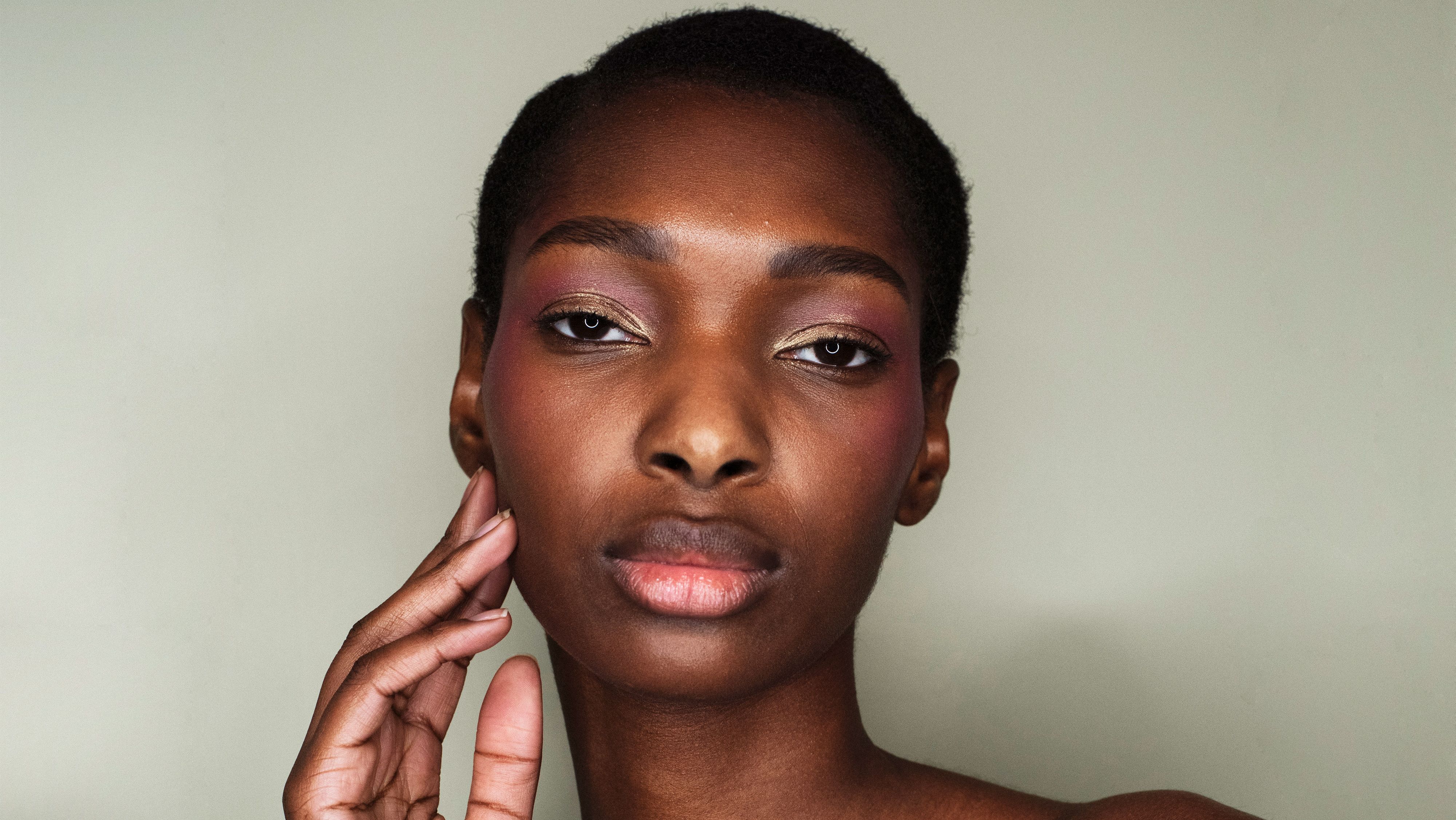
You've probably heard the rumor that olive oil, that beloved mainstay of your pantry, can work wonders on your skin and nails. The thing is, olive oil is thick—even the most skincare shy among us know that it's sticky and heavy and, well, very oily—and while dousing my face in olive oil sounded like an interesting experiment, I had a bad feeling that it might clog my pores or break me out. So I went to a dermatologist to find the answer, once and for all: Does my favorite cooking staple double as a skincare savior? A.k.a. if I end up smelling like a Greek salad for days, will it be worth it?
Her answer? Well, just like your dating life, your bank account, and your obsession with Timothée Chalamet, it’s complicated. Luckily, I've got a lifetime of beauty knowledge—and a really excellent derm—to help me break it down for you.
Is olive oil good for your skin?
Olive oil, despite all of its scary pore-clogging potential, has some benefits: It’s naturally high in squalene, an oil that mimics your skin’s natural sebum, so it’ll leave your skin barrier extra smooth and soft, and it’s also full of antioxidants that work hard to fight environmental skin damage.
On the flip side, my friends, it’s still olive oil. Sure, it’ll act like all face oils, in that it’ll trap moisture for some extra hydration, but there are plenty of other products on the market that are more effective at hydrating—and actually meant to go on your skin.
Plus, those moisturizing benefits of olive oil mentioned above may not even be necessary. “We all have glands that already produce natural oils on the skin,” says dermatologist Mona Gohara, M.D., assistant clinical professor at Yale University. “Your face doesn’t really need any extra squalene—or at least not in the small levels you’d find in olive oil.”
Which doesn't mean that olive oil-infused skincare isn't worth trying. Maybe you’re sane, or maybe you’re like me and often think about when Jennifer Lopez said that her skincare secret is olive oil. We realized Jenny from the block wasn’t playing around when she launched JLo Beauty, whose hero ingredient is—you guessed it—olive oil! Cult-favorite moisturizers, like the JLo Beauty That Blockbuster Hydrating Cream, are cosmetically elegant and filled with tested-and-approved ingredients that you won't mistake for a salad ingredient.
Should I be cleansing my face with oil?
As wrong as it feels—and it does feel wrong— using oil as a cleanser is not a new thing. In fact, if you have oily skin or an undesired number of blackheads you might want to consider adding an oil cleanser to your routine. Esthetician and Youtuber Nayamka Roberts-Smith (also known as LaBeautyologist) has a thorough video guide on how to oil cleanse properly and the benefits.
Get exclusive access to fashion and beauty trends, hot-off-the-press celebrity news, and more.
Using olive oil as a cleanser can help remove dirt, makeup, dead skin cells, and sebum buildup that reflects as blackheads in your skin. “Oil cleansing is always the first step, you want to start on dry skin, it doesn’t have to be clean skin, but it has to be dry,” says Roberts-Smith. When you apply the olive oil directly to your face, massaging in the oil attracts the dirt and oil in your skin and pulls it out.
Roberts-Smith breaks down in her video that certain natural oils—like olive oil!—are a great first step in a skincare routine to draw out that gross sebum that we discussed earlier. Different skin types need different ingredients, and the ones in olive oil are recommended for people with dry skin. She explains that “If you have dry skin you want oils high in Oleic acid, like cooking oils"—which will draw out any dirt while trapping in the moisture your skin might not be producing on its own.
Will olive oil make me break out?
Sorry, but if olive oil were actually this huge, life-changing secret to having Instagram-filter-level skin, dermatologists would be out of business. “The weight of olive oil is heavy, making it a breeding ground for acne,” says Dr. Gohara. In terms of its comedogenic rating (i.e. how likely an ingredient is to break you out), olive oil has a moderate risk of clogging pores—less so than coconut oil, but still more than other common skincare ingredients.
“Honestly, I would keep the olive oil for your salad, not for your face,” says Dr. Gohara. Of course, if your face never breaks out (well, aren't you lucky), and you’re in a dry-skin pinch, you can test out olive oil and see how it works for you. Just make sure to massage a few drops over damp skin or your usual moisturizer to seal in hydration, rather than apply it to a dry face.
Or, you can not take your chances with olive oil and instead use a face oil specifically formulated for skin (not food). These me-approved oils below will make your skin brighter, softer, calmer, and more hydrated. And that I'm sure of.
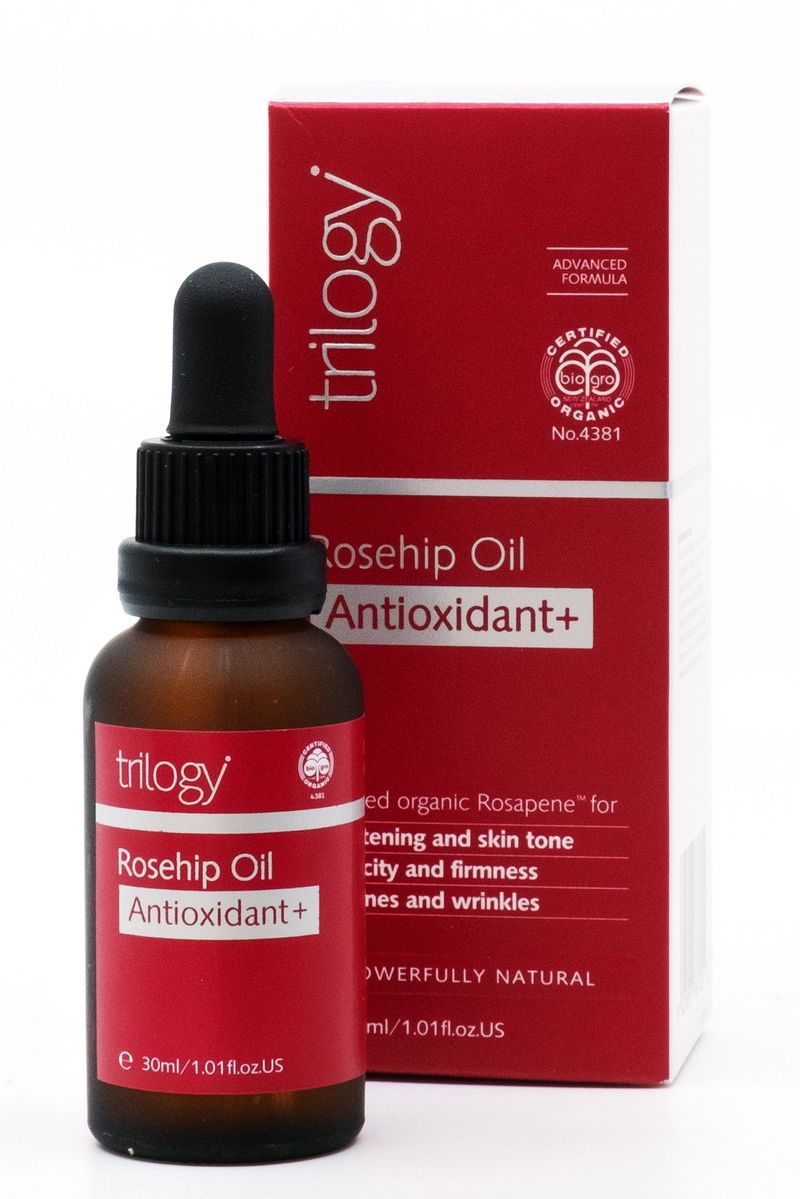
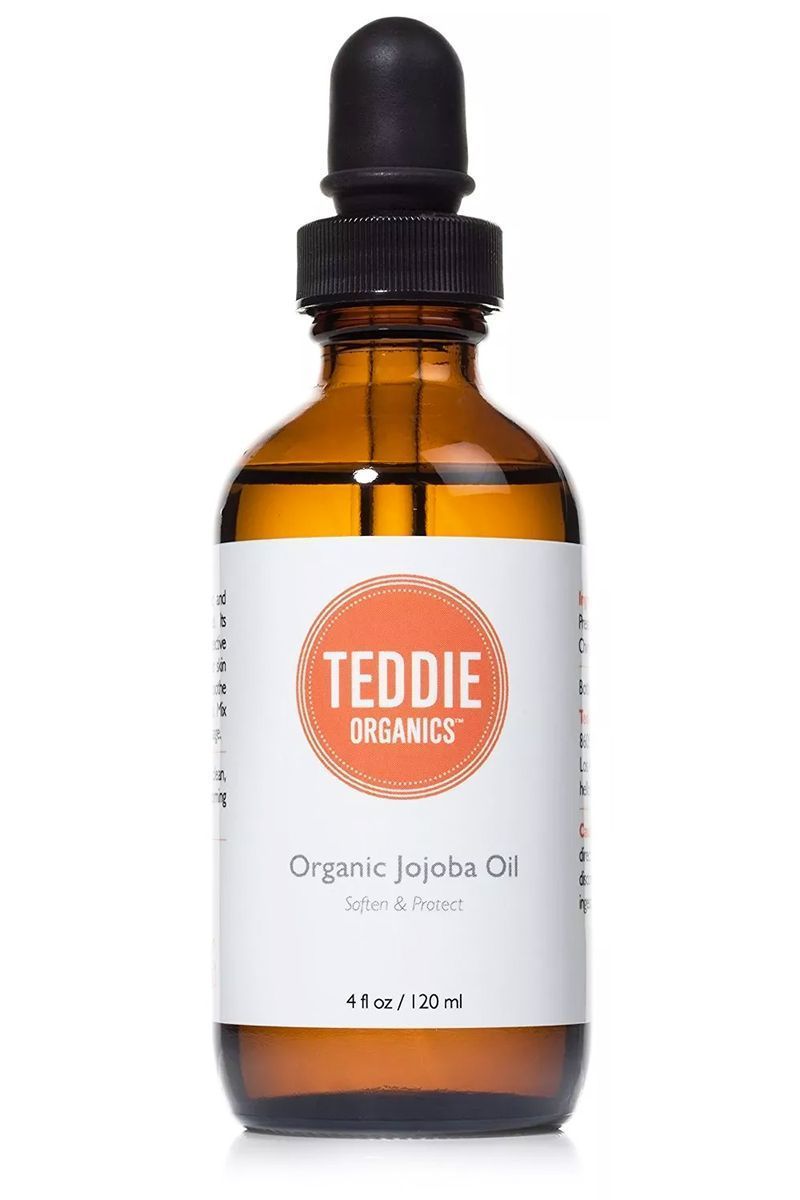
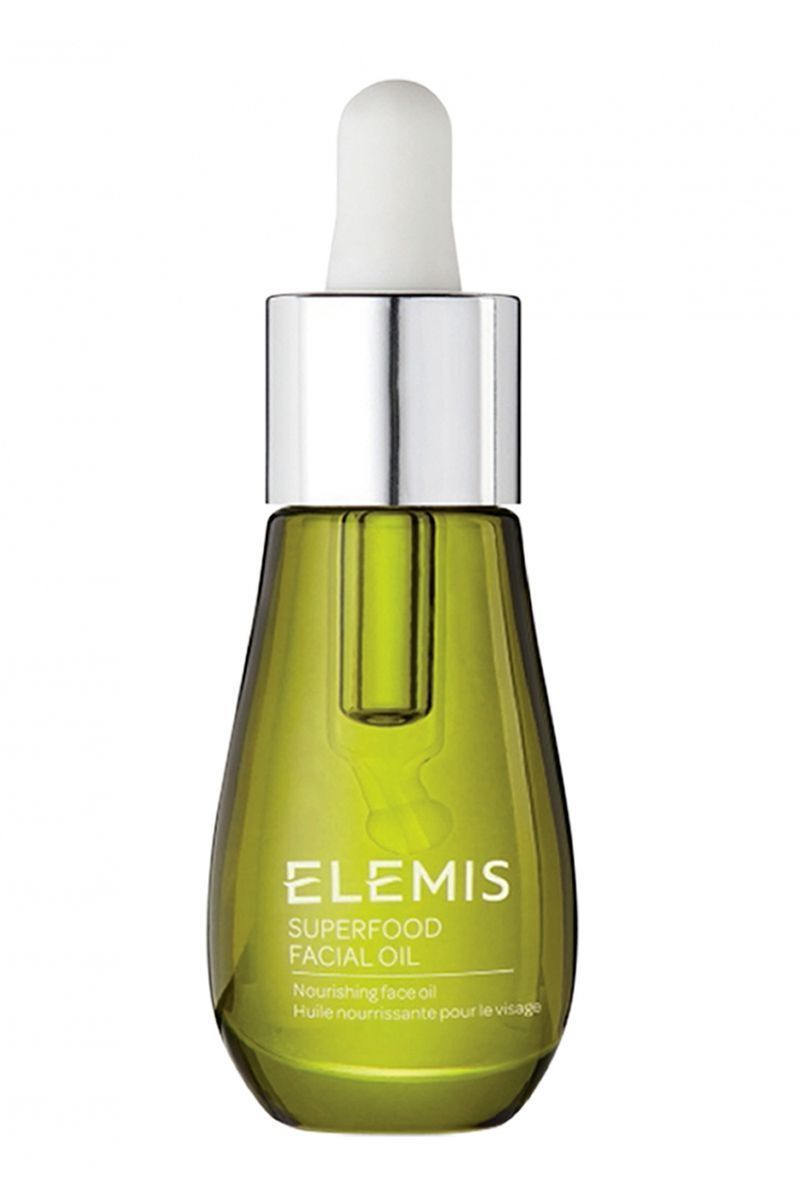

Chloe Metzger is the deputy beauty director at Cosmopolitan, overseeing the editorial content and growth strategy of the hair, makeup, and skin space on digital, while also obsessively writing about the best hair products for every hair type (curly girl here; whattup), and the skincare routines that really, truly work (follow her on Instagram to see behind-the-scenes pics of that magazine life). She brings nearly a decade of writing and editing expertise, and her work has appeared in Allure, Health, Fitness, Marie Claire, StyleCaster, and Parents. She also has an unhealthy adoration for Tom Hanks and would like to please meet him one day, if you could arrange that. Thanks.


